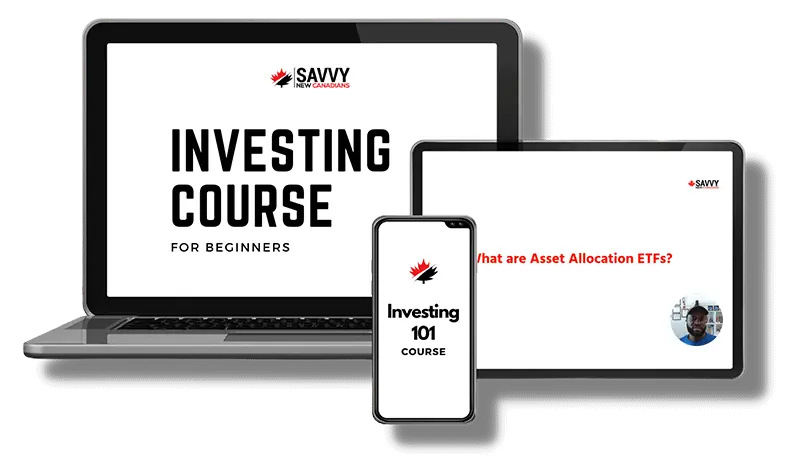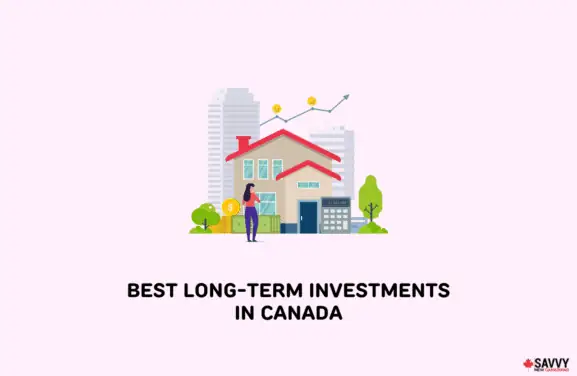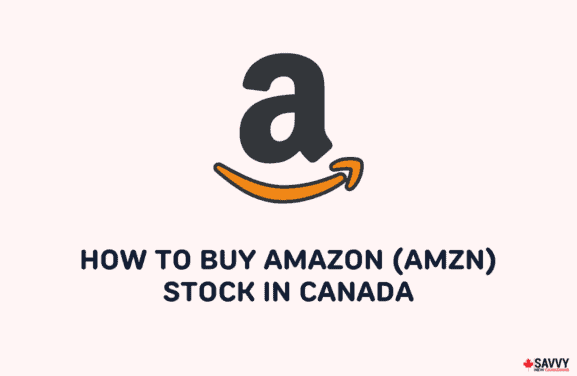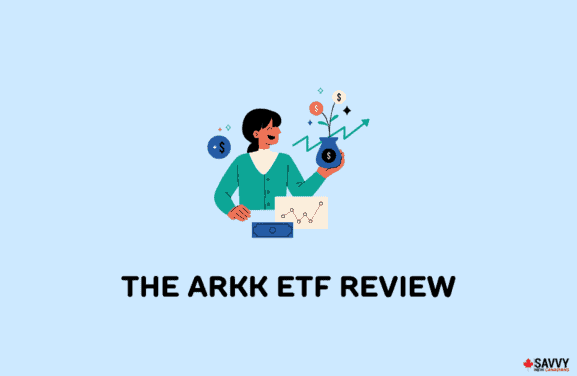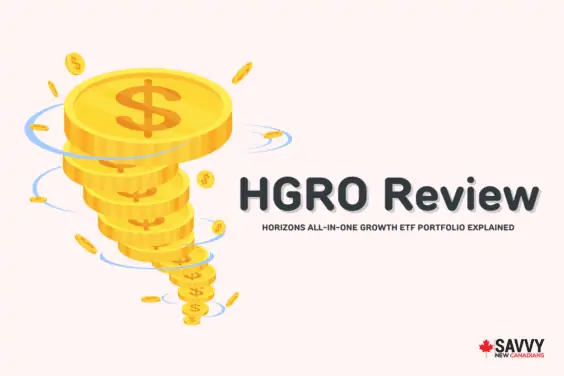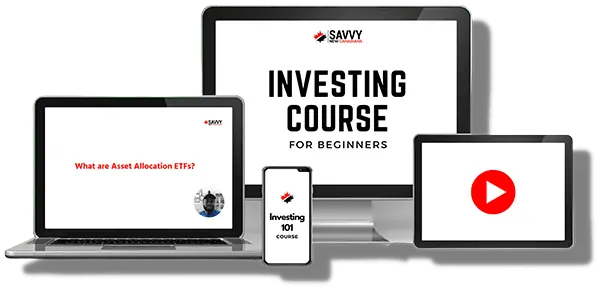Homeownership has always been an achievement in any Canadian’s life. But with rising home costs across the country, many young Canadians have struggled to save enough to take the plunge.
The Government of Canada recently introduced a new registered savings account to help first-time homeowners.
The FHSA or First Home Savings Account is a tax-free way for Canadians to save and invest up to $40,000 towards purchasing their first home. Below, I discuss how the FHSA works and compare it to other Canadian registered accounts.
Best FHSA Investments in Canada
If you are wondering which investments you can hold in an FHSA, it is the same as other registered accounts like the TFSA. These include assets like:
- Stocks
- Bonds
- ETFs
- Mutual Funds
- GICs
- Cash
With an FHSA, the investment horizon is shorter than with a TFSA or RRSP. While the latter two are geared towards saving and investing for retirement, the FHSA has a maximum contribution time of just 15 years.
The earliest you can open an FHSA in Canada is at the age of 18. This means that your contributions will be capped at the age of 33 (assuming you start saving at 18). Since the timeframe is for a maximum of 15 years, you might want to consider short-term FHSA investments.
With an FHSA, you will want to find a balance between your risk tolerance and capital growth. This type of account can be challenging to manage for new investors.
On the one hand, you will want to grow your investment as much as possible, given that any capital gains are tax-free. On the other hand, you do not want your investments to lose value before purchasing your home.
Here are some of the best short-term FHSA investments in Canada for 2024:
Best FHSA Savings Accounts in Canada
The lowest-risk way of using an FHSA in Canada is to treat it as a savings account. Just like with an RRSP or a TFSA, an FHSA does not require you to invest your money. Of course, if you choose not to invest in assets, it limits the upside of your returns from the FHSA.
Since the FHSA is a new product in Canada, not every financial institution has provided interest rates yet. As with a TFSA, you can park your money in an FHSA and earn interest returns.
The obvious benefit of using the FHSA as a savings account is minimal downside risk for your money. On the other hand, your investment is not likely to grow much either. This option is for the most risk-averse investors or those needing access to their funds within a few months or years.
EQ Bank’s FHSA savings account currently offers a 3% tax-free interest rate.
EQ Bank FHSA Savings Account
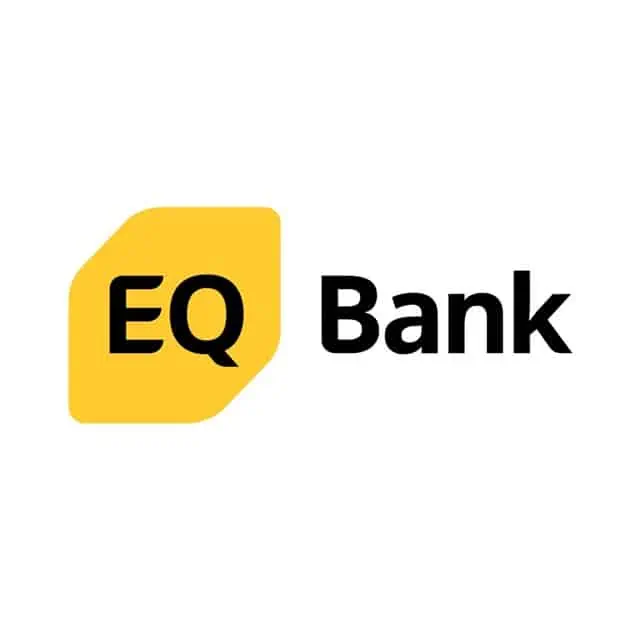
Top FHSA savings account
Earn 3% tax-free high interest on savings for your home
Contribute up to $8,000 annually and $40,000 lifetime
No monthly account fees
Also offers FHSA GICs (up to 5.35%)
Best FHSA GICs in Canada
GICs or Guaranteed Investment Certificates are a step up from simply using your FHSA as a savings account. As their name suggests, a GIC is a guaranteed return on your investment over a fixed period of time.
These assets are considered incredibly safe as they are eligible for deposit insurance. At the end of the fixed term, you will receive back your initial investment plus any interest earned.
There are several different types of GICs in Canada. Generally speaking, the longer the term, the higher the interest rate. For most traditional GICs, the term will range from one to five years. The interest rates are currently around 3 to 5.50%, depending on the terms and conditions.
GICs provide a nice level of safety and a guaranteed return for risk-averse investors. Historically, this is still a lower return than the stock market can provide on an average annual basis.
Several banks now offer GICs specific to the FHSA, including EQ Bank.
Best FHSA Bonds in Canada
Bonds are another fixed-income asset that can provide a near-guaranteed return on your investment. What is the difference between a bond and a GIC? GICs will never increase or decrease in price. With bonds, you can see some capital appreciation or depreciation depending on how the bond market performs.
During a period when stocks are in decline, bonds tend to rise. These two assets have an inverse relationship together, which is why many investors will hold both in their portfolios to hedge against the other’s decline.
Bonds can be considered a safe investment with a potentially higher yield than a GIC. You can also see some capital appreciation in the bond itself. Unfortunately, the price of the bond can decline as well, which would eat into your overall gains.
Best FHSA Stocks in Canada
Stocks are the riskiest asset you can own in a Canadian FHSA account. The trade-off is that they can also provide you with the most long-term growth. Picking the right stocks for your FHSA is the key to capitalizing on the tax-free returns you can earn.
Luckily for Canadians, the TSX is rich with blue-chip stocks that pay generous dividends. As with a TFSA and RRSP, you can also invest in US-listed stocks. The same rules apply to the FHSA: if you earn US dividends, you will be subject to a 15% withholding tax.
For investors with a higher risk tolerance and knowledge of the markets, stocks can be the best short-term FHSA investment. Of course, there is always a risk of a stock market crash or market downturn that can have a significant impact on your FHSA investments.
Investing in the stock markets may not be ideal for timeframes shorter than five years.
Best FHSA ETFs in Canada
ETFs or Exchange Traded Funds can be a great way to add instant diversification to your portfolio. These funds are a basket of stocks or other assets that are listed on the major exchanges. For a small fee, you can own an entire sector, index, or total stock market in one asset.
These funds can be purchased from any brokerage in Canada. Discount brokerages offer the ability to buy ETFs with lower or even no commission fees. Just make sure that these discount brokerages offer FHSA accounts.
Most Canadian brokerages also offer robo-advisor services. This means that for a minimal fee, professional fund managers will automatically build you a diversified portfolio with your money. This can certainly take the stress and headache of investing away from people who simply do not have the time to follow the markets.
To buy ETFs commission-free, consider using Qtrade or the new Questrade FHSA or Wealthsimple FHSA.
Qtrade
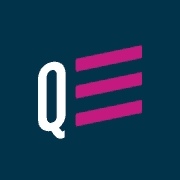
Up to $150 sign-up bonus
Trade stocks, ETFs, options, bonds, etc.
Excellent platform for newbies and seasoned investors
Competitive trading fees
Excellent customer service
Questrade
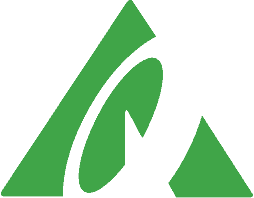
Trade stocks, ETFs, options, FX, bonds, CFDs, mutual funds, etc.
Get $50 trade credit with $1,000 funding
Low and competitive trading fees
No quarterly inactivity fees
Access to advanced tools and trading data
Top platform for advanced traders
Transfer fees waived
Best FHSA Mutual Funds in Canada
Mutual funds are similar to ETFs, except they are offered directly from banks or other financial institutions. They do not trade directly on exchanges like ETFs and typically have much higher management fees.
Most mutual funds are actively managed, which means that a fund manager buys and sells the assets on a quarterly, monthly, or even daily basis. This is the main reason for the higher management fees.
FHSA Accounts Explained
Starting April 1, 2023, Canadians can sign up for the FHSA account. This registered account is intended to assist Canadians looking to purchase their first home.
To qualify for an FHSA in Canada, you must:
- Be at least 18 years of age or the age of majority in your Province
- Also, be under the age of 71
- Be a resident of Canada
- You or your spouse cannot have lived in a house you own for this year and the four previous years
Any capital gains or interest earned is tax-free and must be used towards your first home or transferred to an RRSP. If not, it will be taxed as normal.
Here’s The FHSA Contribution Limit
You can only contribute to an FHSA for a maximum of 15 years. Over that period, the maximum lifetime contribution is $40,000. The annual contribution limit for the FHSA is $8,000 per year, and you can carry over any amount to the next year.
For example, if you only contributed $5,000 in 2023, you can contribute $11,000 in 2024.
If you over-contribute to the FHSA, there is a 1% tax for every month your account is over the limit. Finally, any contributions made to the FHSA are tax deductible from your taxable income for that year.
FHSA vs Homebuyer’s Plan (HBP)
The FHSA is a separate account in which you can invest up to $40,000. The Homebuyer’s Plan is a withdrawal of a maximum of $35,000 from your RRSP to put towards the purchase of your home.
The primary difference is that the HBP must be repaid to your RRSP within 15 years. The FHSA does not need to be repaid. Even after you repay the HBP, the withdrawals are ultimately taxed anyway, which makes the FHSA a much more attractive option.
Luckily, new homebuyers can combine the FHSA and the HBP for up to $75,000 plus any capital gains in the FHSA towards their new home.
FHSA vs TFSA
The rules for both accounts are essentially the same. The primary difference is that the FHSA has a 15-year lifespan, whereas the TFSA can be used with no age restrictions.
In terms of contributions, the FHSA allows for $8,000 annually. The TFSA varies per year, but it has usually been between $5,000 and $6,000 each year. The lifetime contribution limit for the TFSA in 2024 is currently at $95,000.
Both accounts are completely tax-free and can hold the same investment assets.
FHSA vs RRSP
An RRSP is slightly different as it is tax-advantaged and tax-deferred but not tax-free. The RRSP is focused on retirement savings and long-term investing. The annual contributions are calculated based on the income you earned and reported the year before.
Any contributions made to the RRSP are deducted from your taxable income. You are then taxed when you withdraw from your RRSP in retirement. The logic is that your income will likely be lower in retirement, so you will not be taxed as heavily.
You cannot withdraw funds from an RRSP like you can with an FHSA or TFSA. There are exceptions, like with the HBP, but you do need to ultimately pay that back.
With an RRSP, your contributions in the first 60 days of the new year can be deducted from last year’s taxable income. This is not the case with the FHSA.
Pros and Cons of an FHSA
Pros
- A tax-free way of saving for your first home
- FHSAs can hold a wide range of investment assets
- You do not need to repay your withdrawals like with an HBP
- If you do not end up buying a house, you can contribute it to your RRSP
- Contributions are tax-deductible
Cons
- The maximum contribution limit is currently set at $40,000
- You can only have the account for a maximum of 15 years
- You cannot contribute to a spouse or child’s FHSA and claim the contribution as tax-deductible
FHSA Investments FAQs
Individuals who qualify for the FHSA in Canada can sign up for one starting April 1, 2023.
Canadian residents who are over the age of 18 or the age of majority in their Province and under the age of 71. They must also not have lived in a primary residence they own at any time this year or the preceding four years.
As of now, if the home you own is not your primary residence, then you still qualify for the FHSA.
As of now, the home you buy must be your primary residence within one year of buying or building it.
To make a qualifying withdrawal from your FHSA, you must have a written agreement to buy or build a house with a completion date before October 1 of the year after your withdrawal. The home in question must be within Canada.
Yes! If you do not end up buying a house at the end of the 15 years, you can transfer all funds to your RRSP without any impact on your contribution limits.
Yes, you can combine the FHSA and the HBP to put toward the purchase or construction of your new home.
The FHSA can be opened for a maximum of 15 years or the year in which you turn 72.
